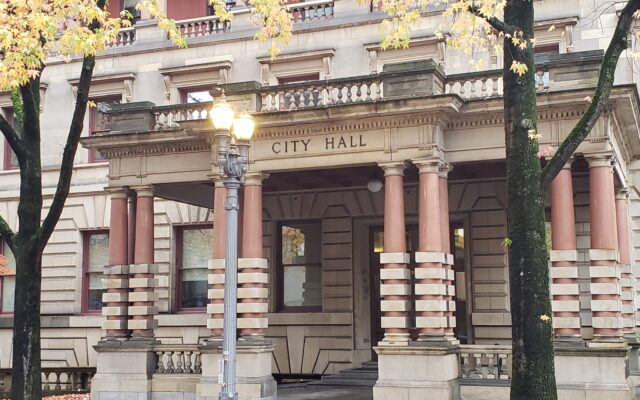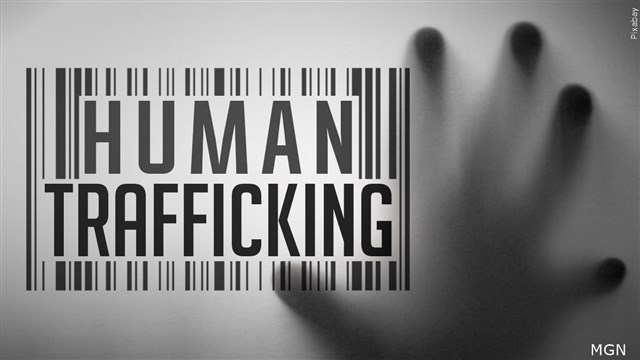Charter Commission Approves Major Changes to Portland Government

If voters pass them in November, Oregon’s largest city is in for major changes.
For decades people have argued that Portland needs major changes to make its government more accountable, responsive and effective. A charter commission voted 17 -3 in favor of a plan Tuesday night. Members who support it say it won’t solve all the city’s problems, but, “It has the pathway to accountability.”
The ideas include expanding Portland’s city council, using geographic districts instead of electing all members from the city at large, giving administrative power to the mayor, and letting voters use ranked choice voting. “This is a big change,” said Melanie Billings-Yun, the commission’s co-chair.
The Portland City Charter requires the City Council to convene an independent commission at least every 10 years to review the charter and recommend amendments.
Portland’s commission form of government is a rarity, especially among large cities, and this isn’t the first time a charter commission has recommended big changes. But Portland voters have consistently shot down major overhauls.
“This form goes back to 1917 when we had 200,000 people, and there have been several attempts to change it. The last one was in 2007,” Billings-Yun said. “And I will tell you that it failed by about three to one. The most common reason given by people was that, ‘Why should we change? The city is great, we don’t have any problems.’”
This time around, might be different. Portlanders have grown increasingly despondent in recent years as the city has struggled through multiple crises, and polls show frustration with the city’s government is running high. “We spent a lot of time looking at what Portlanders are unhappy about and trying to fix that,” Billings-Yun said. “They wanted a complete change of government.”
Before the proposal could go to voters on the November ballot, the charter commission had to approve the final version of the amendment package. That’s what Tuesday night’s vote was about, and it required a supermajority.
The commission’s proposed overhaul has three main parts:
1. Ranked Choice Voting
Portland’s current system uses a set of two elections: the primary election in May and the general election in November.
All the candidates for a given position compete in a single race in May, and voters select just one candidate per race on their ballots. If a candidate gets at least 50% of the votes, they win the seat outright. If none of them hit that mark, the top two finishers move to a runoff on the November ballot.
With the proposed ranked choice system, there would be just one election in November, but voters would rank all the candidates for a given position by order of preference instead of choosing just one.
The initial vote tally counts the first choice on each ballot, but if no candidate receives enough votes to win, the lowest-scoring candidate is eliminated and the voters who ranked that person first will have their votes switched to whoever they ranked second. The process continues until one candidate gets enough votes to win.
2. 12 Member City Council With 4 Geographic Districts
The current council has the mayor and four commissioners, all elected at-large, meaning all the voters in Portland vote in the race for each seat.
The commission proposal would remove the mayor from the council and expand the roster to 12 council members. It would also divide the city into four geographic districts of equal population, each of which would elect three people to the council. Only the mayor and city auditor would still be elected at-large.
The district borders would be drawn by an independent commission and redrawn every 10 years based on the most recent U.S. Census data, starting in 2030.
3. Executive Mayor and Legislative Council
Currently Portland’s mayor and four commissioners share legislative and executive power, with all five serving as voting members.
The council sets policies for the city, but the mayor and commissioners also each manage several of the city’s bureaus, essentially dividing up day-to-day administration of the city among the five elected officials.The charter commission’s proposal would switch council to a purely policy-setting role while putting the mayor in charge of all the city’s day-to-day operations. The mayor would hire and supervise a professional city administrator, who would in turn be in charge of hiring, supervising and firing people to run the bureaus.



